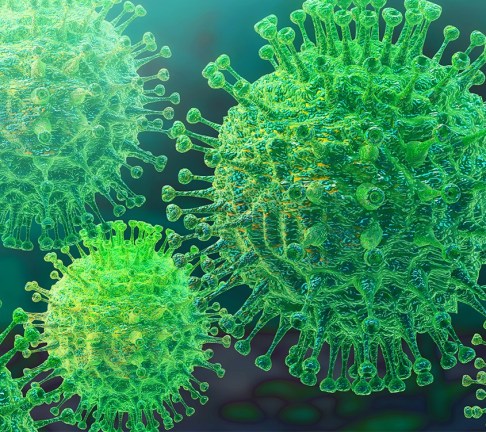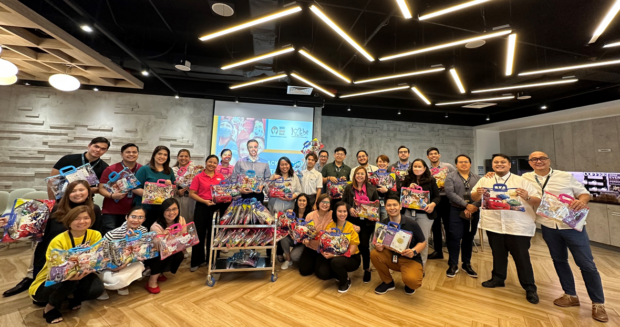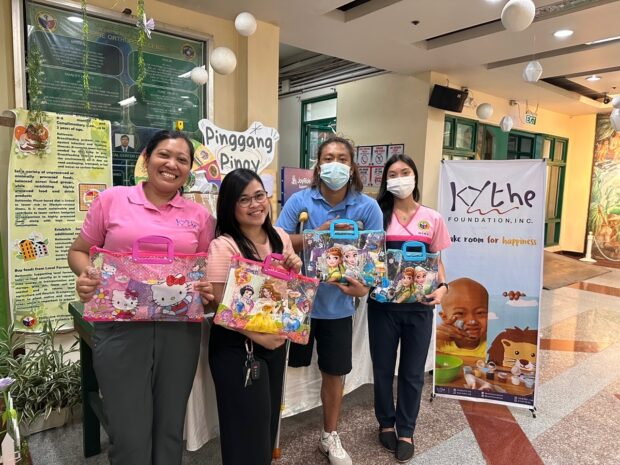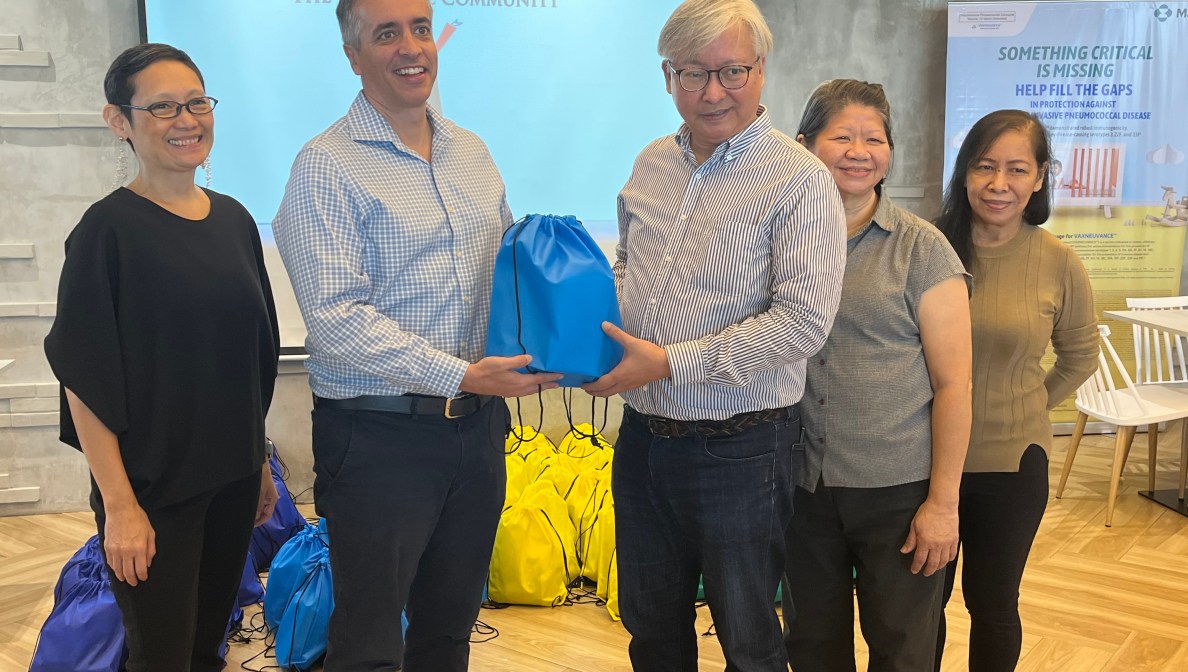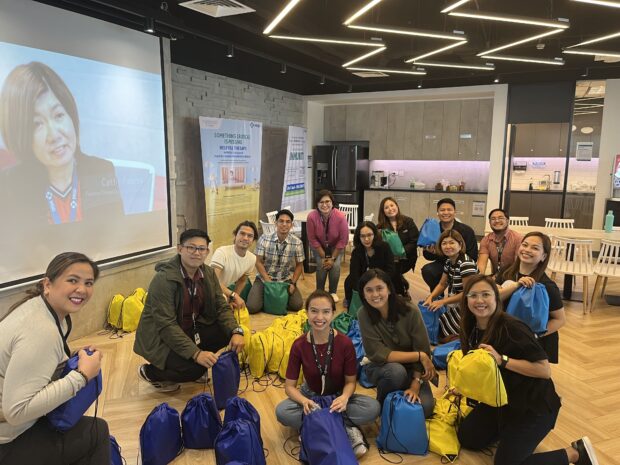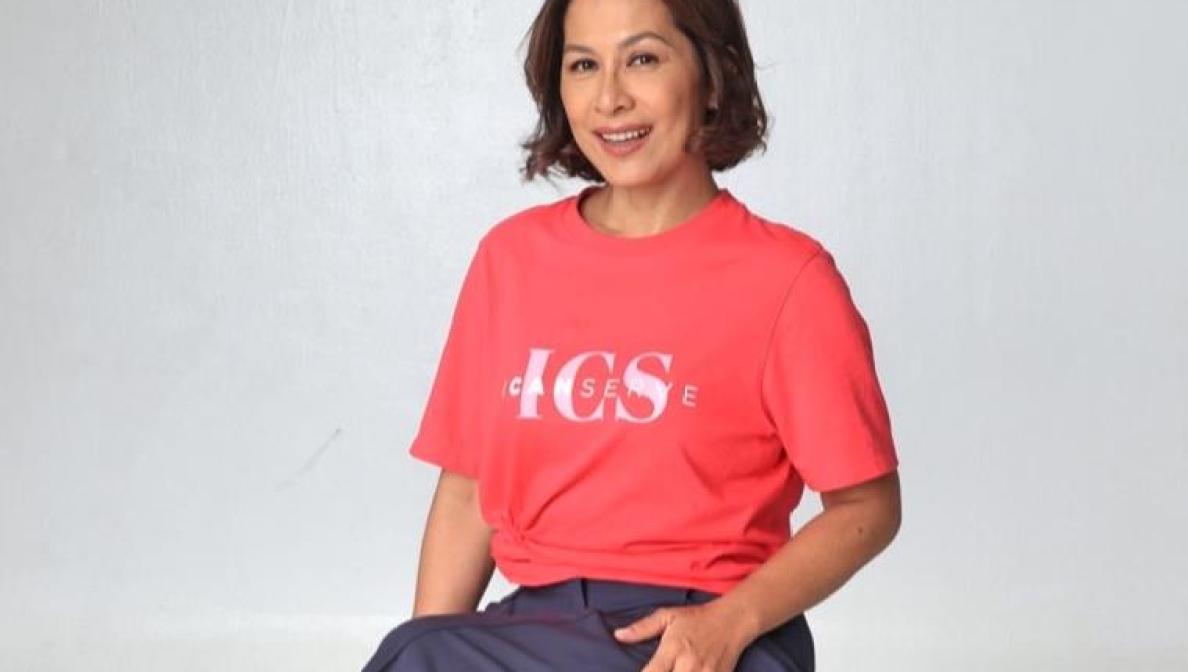Abbygale “Abby” Arenas de Leon, a former beauty queen and a certified image professional, shares her story as a breast cancer survivor. Despite leading a relatively healthy lifestyle and having no family history of cancer, she was shocked to learn after a biopsy that she had been diagnosed with Stage 3 HER2+ breast cancer, an aggressive type.
Determined to fight, Abby underwent neoadjuvant chemotherapy and targeted therapy followed by modified radical mastectomy, radiation therapy, and hormone therapy, as part of her personalized treatment plan. Now cancer-free since January 2021, she uses her platform to serve as a beacon of hope for women battling breast cancer and joins ‘Hope From Within,’ a cancer advocacy campaign by MSD in the Philippines, as its newest ambassador.
Emphasizing the value of innovative cancer care, Abby highlights that it allows cancer patients to spend more time with their loved ones, focusing on survival, quality of life, and family rather than treatment costs and challenges. She advocates for personalized treatment plans, innovation in treatments to increase survival rates and better outcomes, and the importance of a multidisciplinary team in managing breast cancer.
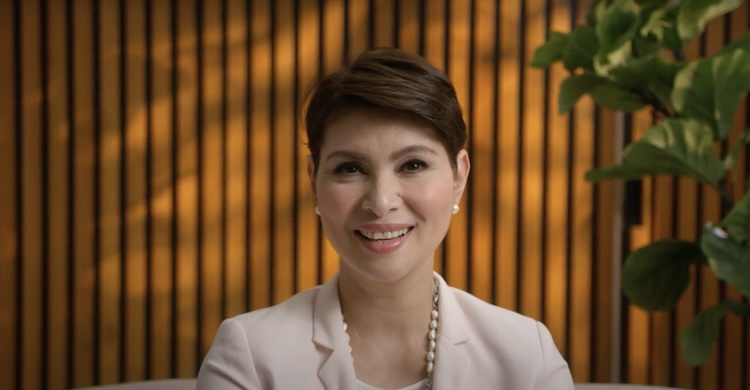
The diagnosis came despite her living a relatively healthy lifestyle and having no history of cancer in the family. Despite the sad news, Abby was determined to fight. She didn’t perceive cancer to be a death sentence, but rather a test of strength for her to survive in the face of adversity.
Now, Abby uses her platform to serve as a beacon of hope for women in the battle against breast cancer. In celebration of Breast Cancer Awareness Month this October, she joins ‘Hope From Within’, a cancer advocacy campaign by healthcare company MSD in the Philippines, as its newest ambassador.
Survival over cost, quality of life over money
Abby knew from day one that the only way to get better was to trust her doctors and follow their treatment advice. Although, one of her biggest questions to her doctors then was, “How much will it cost?”
The financial anxiety had Abby and her husband, veteran photographer Jun de Leon, navigated the possibility of selling their only home. While a house is indispensable for a middle-income family like the De Leons, Jun’s words were found reassuring by Abby. “We can buy another house, we can never buy another you.”
With the support of her loving husband and two kids, Abby went on with her personalized treatment plan which consisted of neoadjuvant chemotherapy and targeted therapy followed by modified radical mastectomy, radiation therapy, and hormone therapy.
“Neoadjuvant chemotherapy was necessary for Abby since her cancer was discovered in a locally advanced stage,” said breast oncology surgeon, Dr. Diana O. Cua. “We needed to downsize her cancer to allow us for clear margins during surgery. This also let us see if she responded well to treatments, and served as a guide for future therapies,” added Dr. Cua.

Dr. Cua also explained that each breast cancer is different and unique. “This is why innovative approaches to breast cancer treatment have proved to increase survival rates and better outcomes, reduce side effects or complications to enhance the patient’s quality of life during and after treatment as well as minimize recurrence for long term survival.”
Meanwhile, Abby explained that spending time with family is what cancer patients would most value if treatments allowed them to live for longer. “There’s a real need for innovative cancer care because it’s a question of tradeoffs. It’s about survival over cost. It’s quality of life over money. It’s more time spent with your loved ones over getting caught up with the challenges of cancer.”
Moving forward: Life after cancer
Breast cancer is a complex disease that affects various aspects of a patient’s health. It’s vital that a multidisciplinary team of doctors assess a patient’s case, to come up with a comprehensive and personalized treatment plan targeted to one’s cancer type.
After 14 months of undergoing a series of therapies, Abby de Leon was finally deemed cancer-free in January 2021. She now maintains her health with the help of hormone therapy.
Abby’s journey through cancer was a proclamation of the love and support surrounding her. Many of their loved ones expressed their support, both morally and financially, that Abby and Jun de Leon were able to cover all treatment expenses while keeping their home.
As an ambassador for Hope From Within, Abby leads individuals, organizations, and communities to come together and raise awareness of the most common cancer types among women.
This breast cancer awareness month, her message is simple yet powerful: there is hope from within, and it’s stronger than any adversity.

